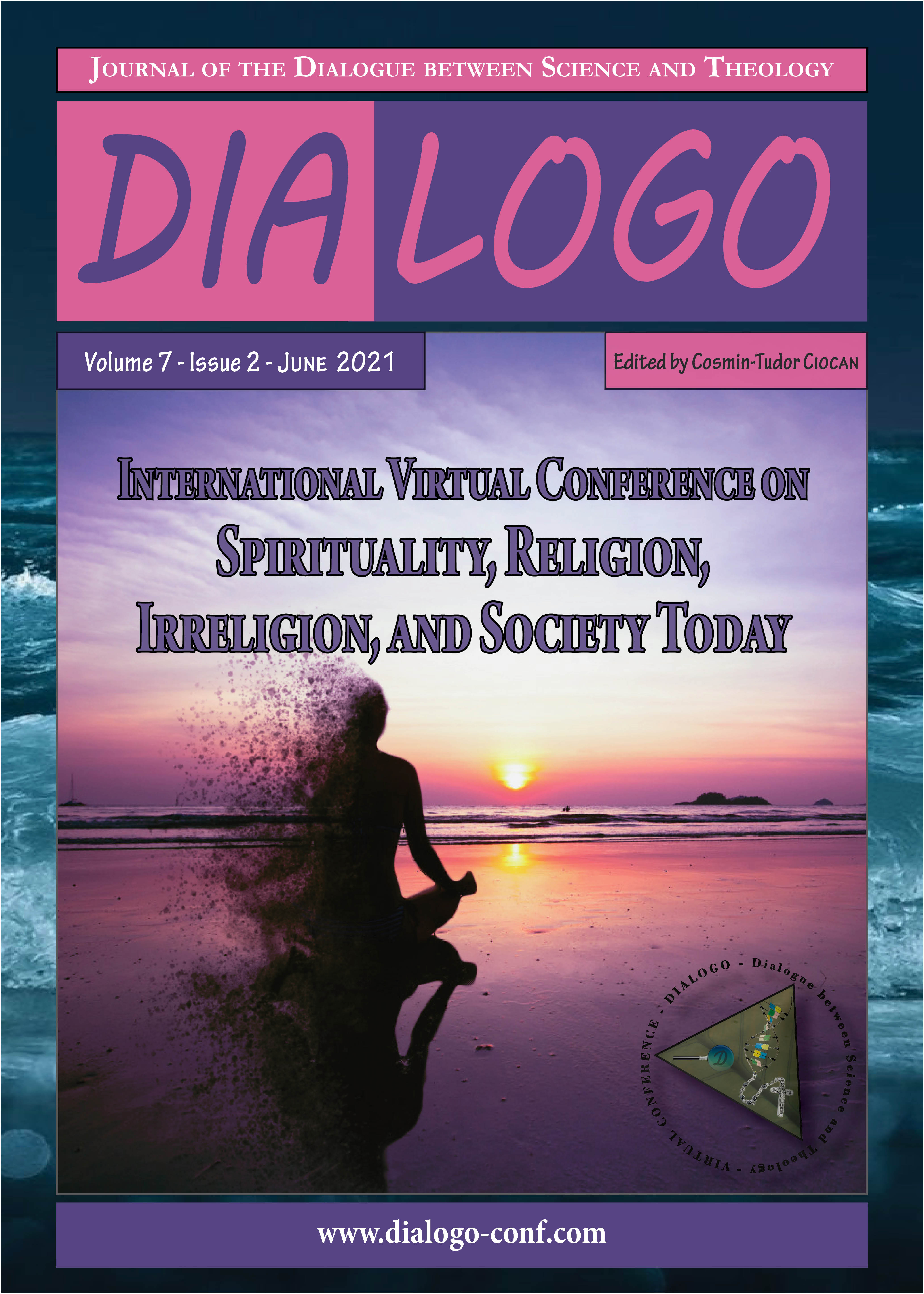Time and Eternity in Origen’s Thinking as Work Paradigm of Thought for Contemporary Society
Time and Eternity in Origen’s Thinking as Work Paradigm of Thought for Contemporary Society
Author(s): Ionuţ VlădescuSubject(s): Theology and Religion, Philosophy of Religion
Published by: EDIS- Publishing Institution of the University of Zilina
Keywords: Time; Eternity; Kronos; Kairos; Parousia;
Summary/Abstract: Time has always been one of the top priorities and permanent concerns of humanity. It is a controversial and difficult subject to the frame by the philosophers of Antiquity and by the scientists of our day. The problem of defining time has raised questions about the essence, origin, content, meaning and value of time. Studies of Time represent a complex and ever-actual subject. Over time, different attempts to define time have been made, all referring only to a certain kind of time and not to time itself.In this regard, Solomon Marcus said the following: “As easily as we intuit it, as difficult as we conceptualize it, no one has been able to define it”[1], showing the difficulty of trying to define this strange impenetrable category. Thus, people know how to quantify the time elapsed between two events, but they do not know how to define it or explain time as a “moment.”[2] To live time is natural and easy, but when it is meant to be questioned and discussed, it turns into a misleading, imprecise, even more complex matter. “Even the modern attempts of time measurement, which today seems to us to be a common fact, has a history of the most complicated and contradictory thinking “[3]. The questions: what is time? and does Eternity exist? remain the main work paradigm of thought for Contemporary Society.
Journal: Dialogo
- Issue Year: 7/2021
- Issue No: 2
- Page Range: 280-289
- Page Count: 10
- Language: English

